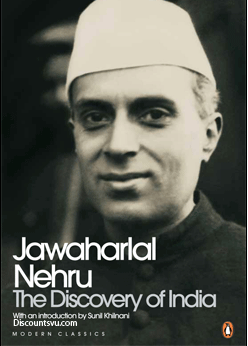Dec 25, 2025
Dec 25, 2025
 The 14th November also known as Children's Day is Pandit Nehru's birthday. A great individual who had a vision of India and an unbounded love for India, Nehru chose politics perhaps to restore a sense of unification of India, mirrored in his book: ''The Discovery Of India''. To him this discovery was in an archaelogy and mental recovery of the past, manifesting itself in the origins of Indian civilization to present times. He idealized India as a mosaic of cultures, displaying at the same time an overall unity a pattern of unity in diversity.
The 14th November also known as Children's Day is Pandit Nehru's birthday. A great individual who had a vision of India and an unbounded love for India, Nehru chose politics perhaps to restore a sense of unification of India, mirrored in his book: ''The Discovery Of India''. To him this discovery was in an archaelogy and mental recovery of the past, manifesting itself in the origins of Indian civilization to present times. He idealized India as a mosaic of cultures, displaying at the same time an overall unity a pattern of unity in diversity.
13-Nov-2012
More by : Ananya S Guha